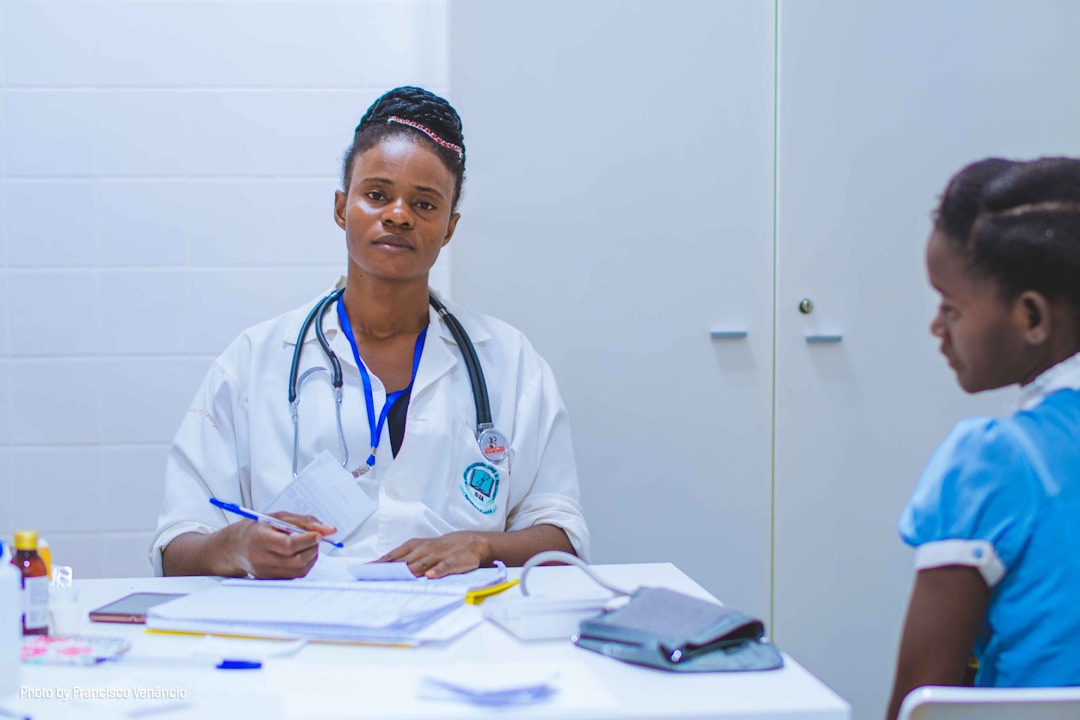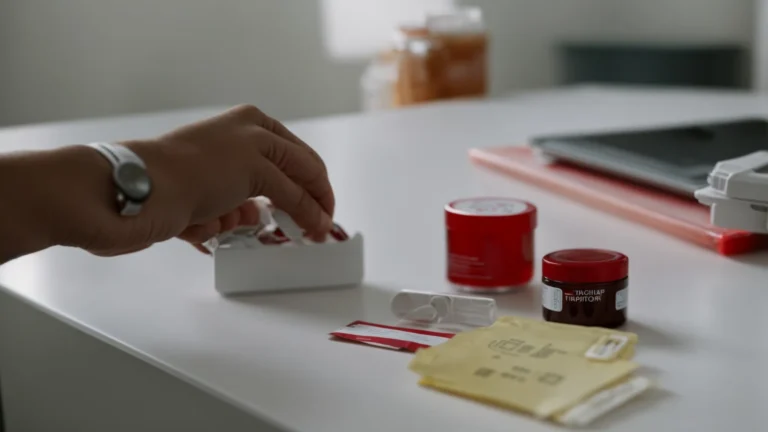It’s an understandable reality that most people don’t have in-depth knowledge about medicine, let alone when it comes to more complicated diagnoses and rare diseases. That means when you receive a diagnosis that’s complex or that you don’t understand, it can feel overwhelming and even scary to process. To all of our benefit, it’s easier than ever to find out more about even the rarest conditions thanks to the internet and the ease with which modern technology facilitates communication. The latest research, advanced treatment options, and new studies are accessible to patients, and access to that information can allow them to be more well-informed participants in their medical care. Read on to find out three simple ways to find out more information about a complicated diagnosis.
Do your own research.

While it’s true you shouldn’t believe everything you read on the internet, there are incredible resources available for patients looking to learn more about their diagnosis. MediFind, for example, offers the ability to search through recent studies, advances, or clinical trials to learn about what types of care are available for their health condition. You can use this information to make more informed decisions and educate yourself about what medical experts are saying about your diagnosis, as well as reading about clinical trial results that might be relevant to future treatments you could undergo to manage your condition. Some doctors may not even be aware of every new study that comes out, given the reduction in the medical doubling time, so it’s essential for you to make sure you get the best care.
Talk to a professional.

If you have questions or find information about a possible treatment you want to try, the best thing to do is to get in touch with your doctor or a specialist in the field related to your diagnosis. Let your doctor know about clinical trials or studies that you read about and see if they have further information on those options and whether or not they’re available to you. Listen carefully to what they say, and seek a second opinion if you have the desire to do so. There’s nothing wrong with confirming a diagnosis or giving yourself the peace of mind of having a second doctor evaluate your symptoms.
Seek out support groups.

One thing you’re not likely to get from a doctor’s office is a conversation about a personal experience, especially if you have a rare disease or condition. You should look for online forums and in-person support groups designed for people who share your diagnosis. This can be incredibly helpful when you’re looking to understand how your diagnosis will affect your day-to-day life. You can also find out more about uncommon side effects and how to manage their effects and maintain your personal comfort. Other group members may also have information about different treatments you may not have tried or recommendations for top doctors in your area who can provide high-quality, specialized care. Support groups can also help with the emotional weight of a diagnosis with significant or life-altering consequences, which can be hard to process on your own. A therapist may even be a good idea in certain cases, so don’t be afraid to reach out if you need help.
Given how complex and ever-evolving medical care can be, it makes sense to want to learn more about new treatments and advances or to seek a second opinion when receiving a diagnosis, especially if it involves a rare disease. Databases and search engines like MedFind continue to democratize health information so the general public can learn more from the comfort of their own home. Still, when it comes to treatment, there’s no replacement for an in-person visit, and you should see a professional if you’re having ongoing symptoms that are severe or unusual for the diagnosis you received. Ultimately, what’s most important is for you to become an active participant in your care and that you make informed health decisions.






















